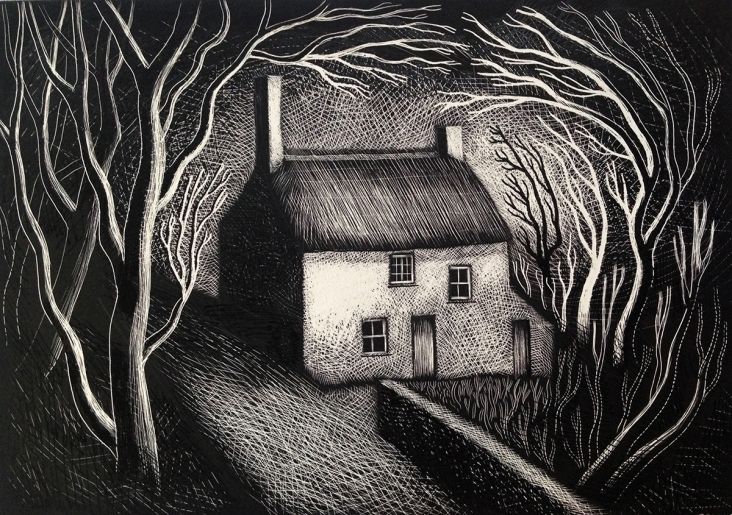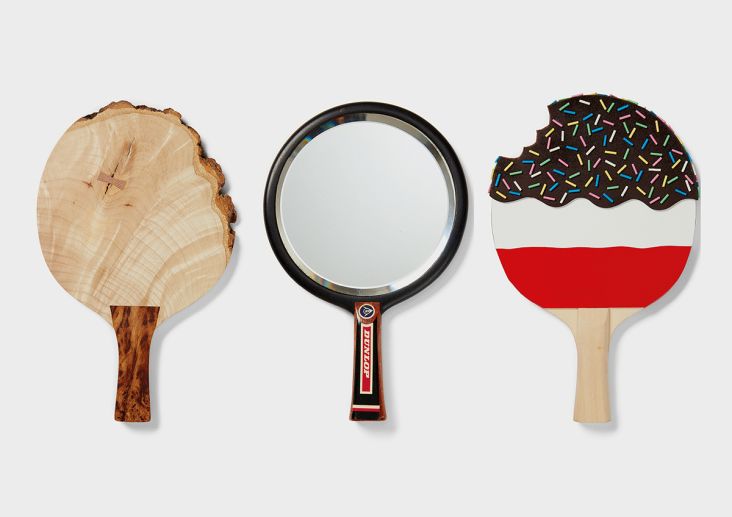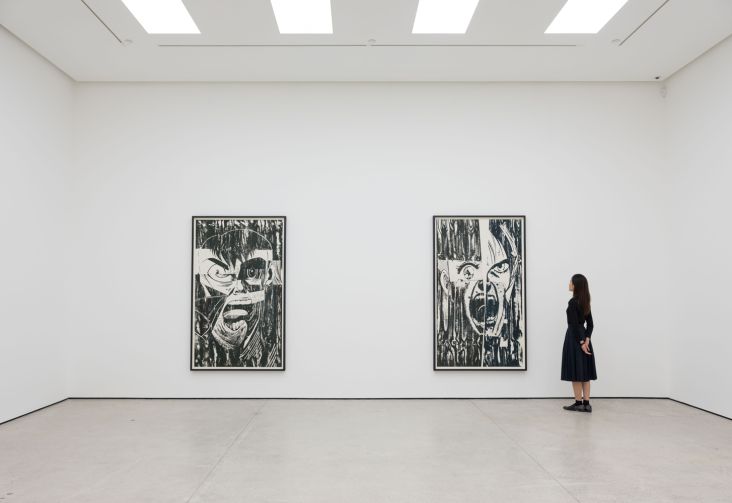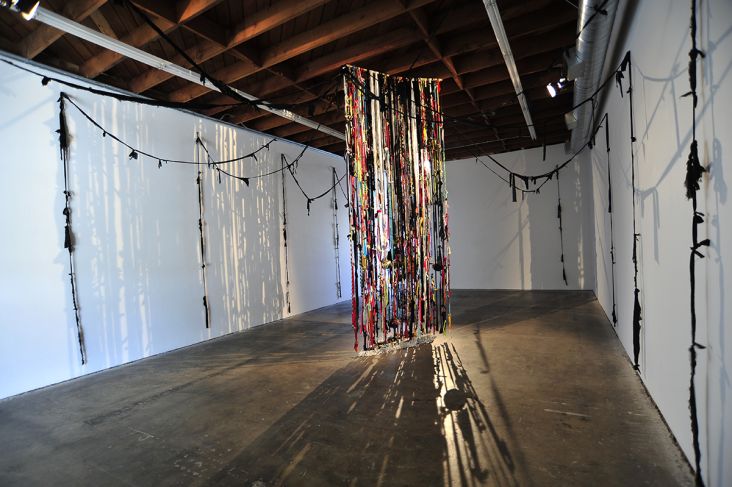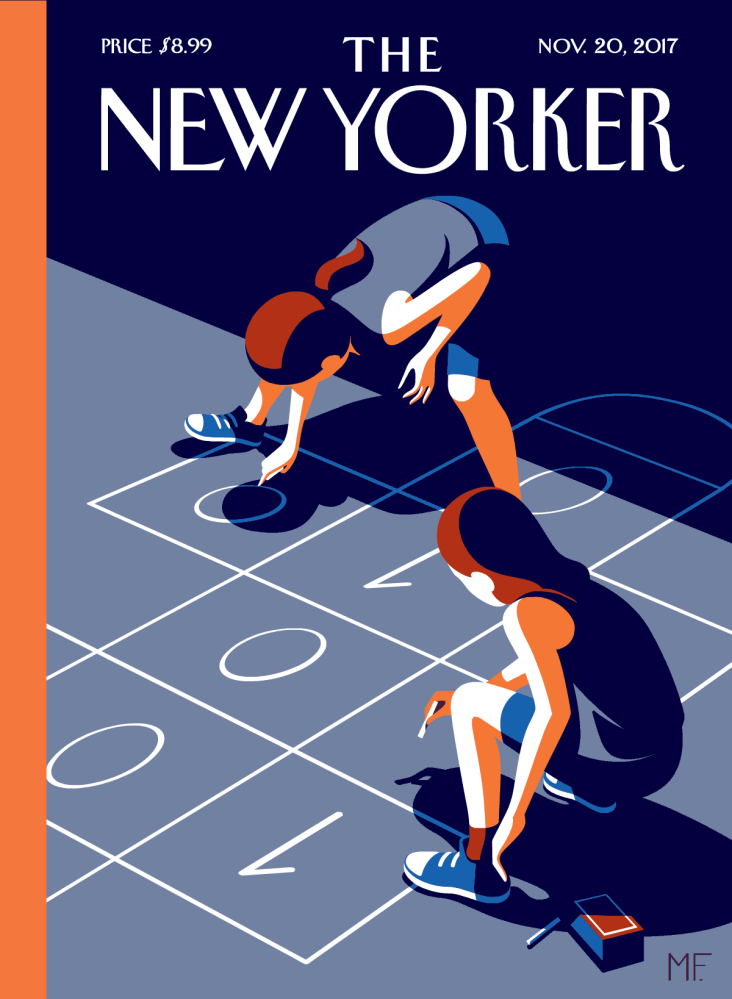Stefan Sagmeister on design heroes, the love of travel and what he's learnt so far
Renowned for designing album covers for Lou Reed, The Rolling Stones and Jay Z, taking yearlong sabbaticals every seven years and for sharing his wisdom on happiness, Stefan Sagmeister hardly needs an introduction.
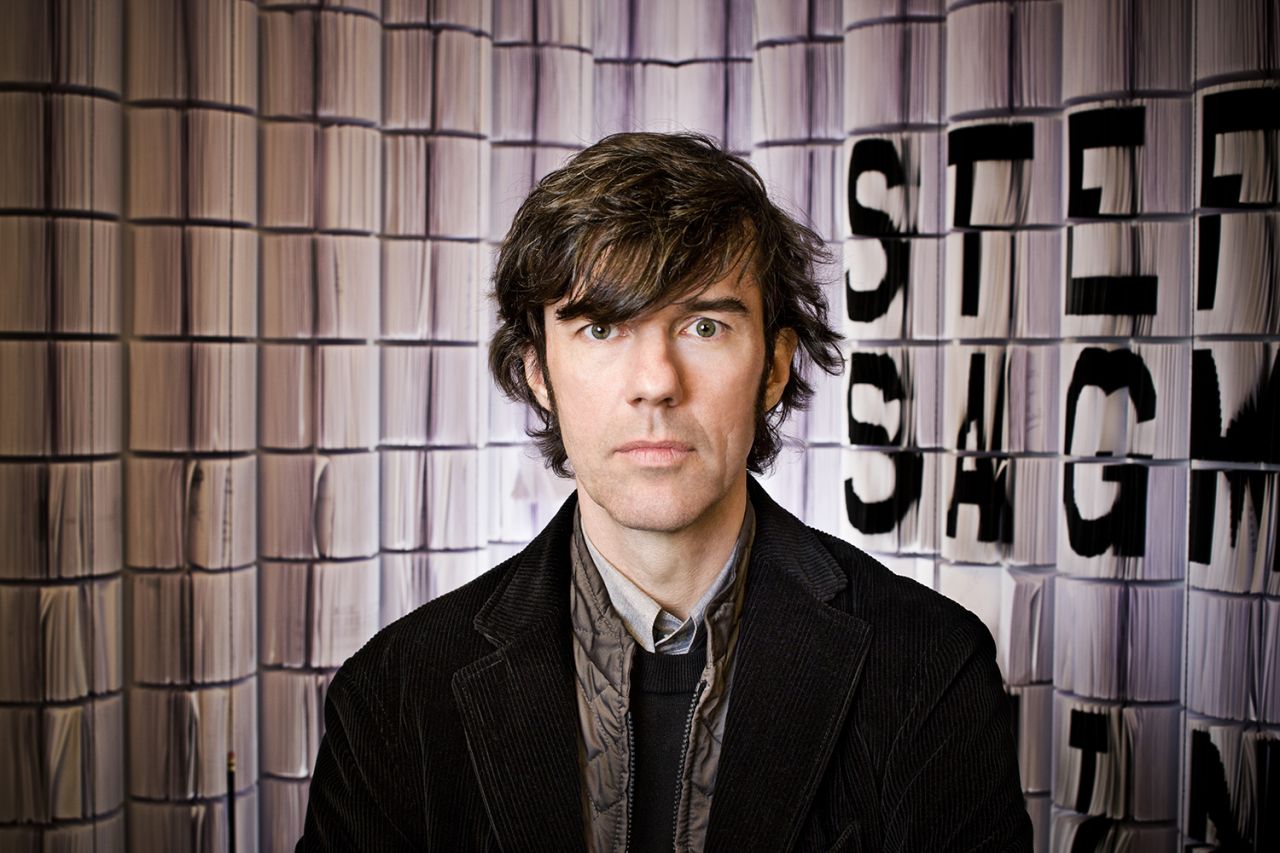
Image credit: John Madere
Co-founder of Sagmeister & Walsh, which he runs in New York City with Jessica Walsh, he's a graphic designer, storyteller and typographer who loves to stretch the boundaries of creativity, crafting work that is unorthodox, provocative and unmistakably his.
Born in Bregenz, Austria in 1962, Stefan began his design career at age 15 writing for Alphorn, an Austrian youth magazine, but soon realised that he preferred working on layouts rather than writing articles.
He went on to study graphic design at the University of Applied Arts Vienna, and later received a Fulbright scholarship to study at the Pratt Institute in New York. In 1991, he moved to Hong Kong to work with Leo Burnett's Hong Kong Design Group. Two years later, he returned to the Big Apple to work with Tibor Kalman's M&Co design firm. His time there was short-lived, as Tibor soon decided to retire, and this pushed Stefan to set up his own design studio, Sagmeister Inc, where he worked with the Rolling Stones, HBO, Time Warner and Guggenheim Museum.
His motto is: "Design that needed guts from the creator and still carries the ghost of these guts in the final execution." On that note, we spoke to Stefan about his career, his design heroes and what he's up to next.
Who do you wish you could’ve worked with? What would you have done?
James Turrell. I am not sure what I would have contributed, as it seems he did pretty fantastically without me.
Is it important for you to contribute yourself to a bigger cause?
I think it is important to be involved in something that is bigger than myself. Something that adds meaning to my life.
Do you suffer from imposter syndrome?
No, I don't think so.
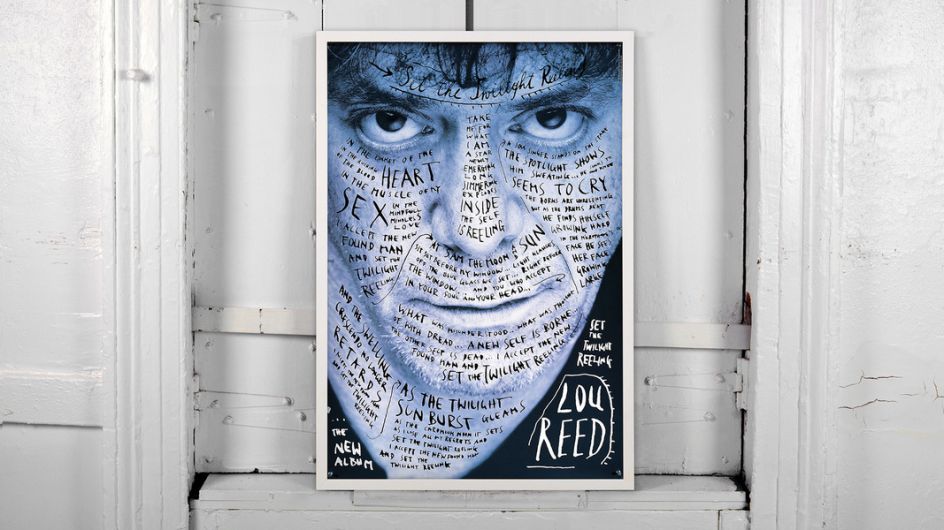
Lou Reed Poster
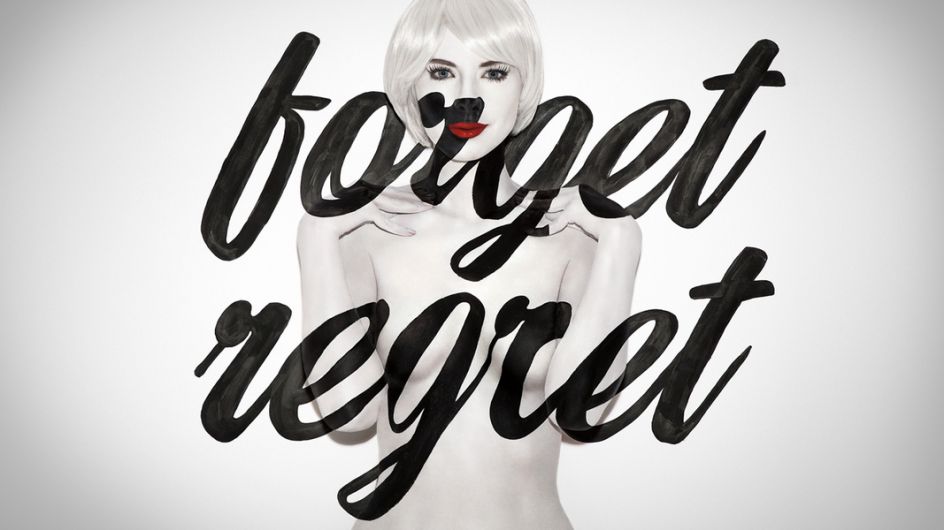
Aizone 09-14

Standard Chartered Commercial
Who has had a big impact on your life and why?
Tibor Kalman was the single most influential person in my design-y life and my one and only design hero. Twenty-five years ago, as a student in NYC, I called him every week for half a year and I got to know the M&Co receptionist really well. When he finally agreed to see me it turned out I had a sketch in my portfolio rather similar in concept and execution than an idea M&Co was just working on: He rushed to show me the prototype out of fear I’d say later he stole it out of my portfolio. I was so flattered.
When I finally started working there five years later I discovered it was, more than anything else, his incredible salesmanship that set his studio apart from all the others. There were probably a number of people around who were as smart as Tibor (and there were certainly a lot who were better at designing), but nobody else could sell these concepts without any changes, get those ideas with almost no alterations out into the hands of the public. Nobody else was as passionate. As a boss, he had no qualms about upsetting his clients or his employees (I remember his reaction to a logo I had worked on for weeks and was very proud of: "Stefan, this is TERRIBLE, just terrible, I am so disappointed").
His big heart was shining through nevertheless. He had the guts to risk everything, I witnessed a very large architecture project where he and M&Co had collaborated with a famous architect and had spent a year's worth of work: He was willing to walk away on the question of who will present to the client. Tibor had an uncanny knack for giving advice, for dispersing morsels of wisdom, packaged in rough language later known as Tiborisms: "The most difficult thing when running a design company is not to grow," he told me when I opened my own little studio.
"Just don’t go and spend the money they pay you or you are going to be the whore of the ad agencies for the rest of your life" was his parting sentence when I moved to Hong Kong to open up a design studio for Leo Burnett.
These insights were also the reason why M&Co got so much press, journalists could just call him and he would supply the entire structure for a story and some fantastic quotes to boot. He was always happy and ready to jump from one field to another, corporate design, products, city planning, music video, documentary movies, children books, magazine editing were all treated under the mantra "you should do everything twice, the first time you don’t know what you’re doing, the second time you do, the third time its boring". He did good work containing good ideas for good people.
I think my expectations are too high, I'd be better off if I'd expect most things not to work out.
If you went on a road trip, who would you go with and why? And where would you go?
I would love to go with Debbie Millman, she is the ideal travel companion. Through Central Africa, as I know not much about it and would love to learn.
Happiness is fleeting. What is making you happy right now?
I myself am not an expert on society, so all I can talk about is myself: I am THE expert on me. And I lead a much too secure life, one that would be richer and fuller if I'd take more risks. And: I think my expectations are too high, I'd be better off if I'd expect most things not to work out.
What has caught and pleased your eye in the design of late?
The Elbphilharmonie by Herzog and DeMeuron in Hamburg. It is indeed glorious.
You keep a journal. What are the biggest things you’ve learnt in your life so far?
Helping other people helps me. Having guts always works out for me. Thinking that life will be better in the future is stupid; I have to live now. Organising a charity group is surprisingly easy. Being not truthful always works against me.
Everything I do always comes back to me. Assuming is stifling. Drugs feel great in the beginning and become a drag later on. Over time I get used to everything and start taking for granted. Money does not make me happy.
My dreams have no meaning. Keeping a diary supports personal development. Trying to look good limits my life. Material luxuries are best enjoyed in small doses. Worrying solves nothing. Complaining is silly; either act or forget.
Everybody thinks they are right. If I want to explore a new direction professionally, it is helpful to try it out for myself first. Low expectations are a good strategy. Everybody who is honest is interesting.
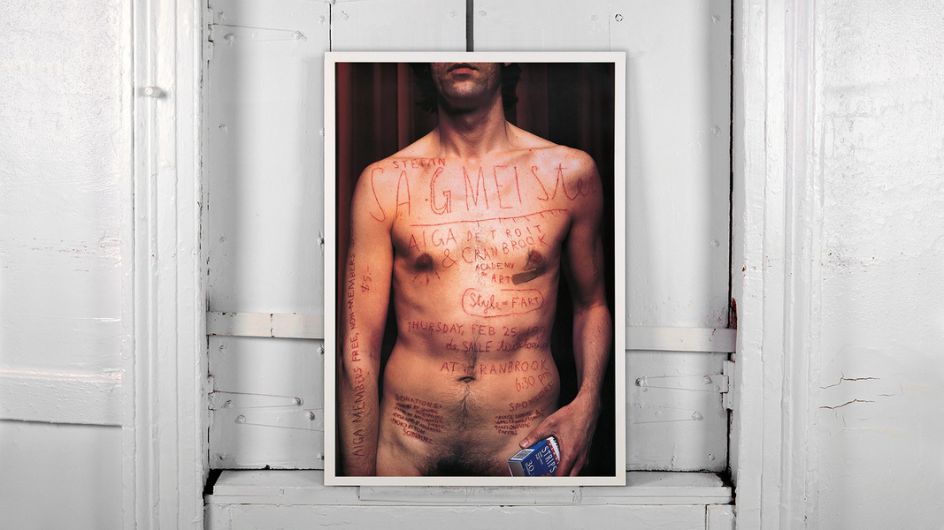
AIGA Detroit – Lecture Poster
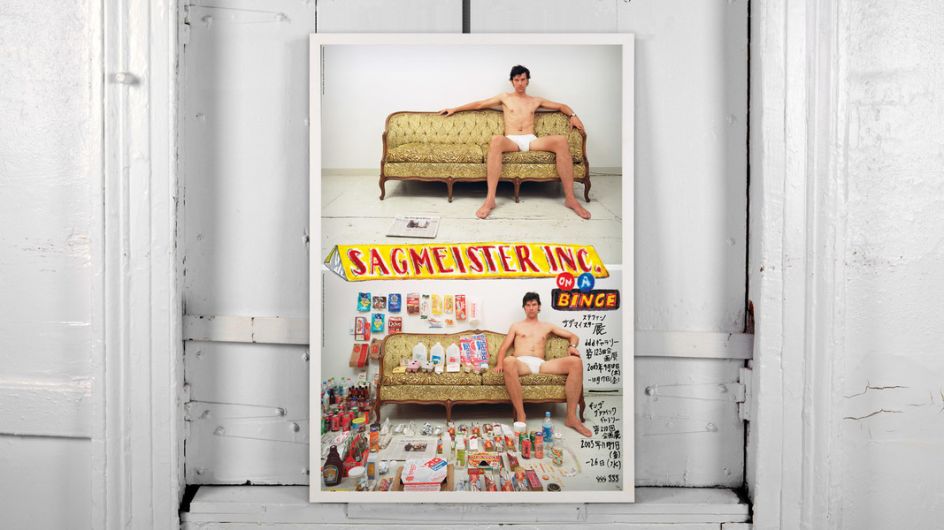
Sagmeister on a Binge
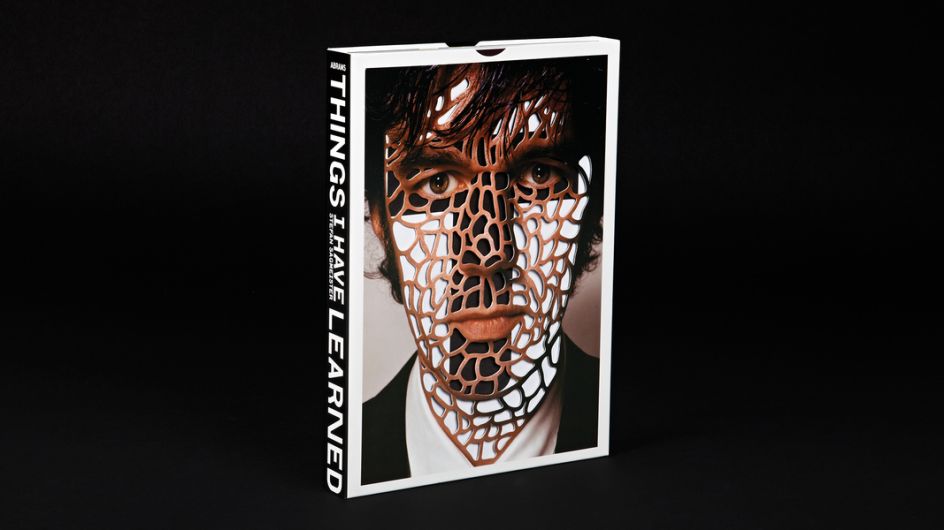
Things I Have Learned In My LIfe So Far by Stefan Sagmeister
You love to travel. Where is next on your list? And where would you travel back to?
I’m about to go to Portugal, Denmark and Ecuador. I always love to return to Barcelona, Amsterdam, Paris, Vienna, Tokyo and Bali.
Finally, what can we expect next from you?
We are working on a large project on Beauty.
Image credit: John Madere




 by Tüpokompanii](https://www.creativeboom.com/upload/articles/58/58684538770fb5b428dc1882f7a732f153500153_732.jpg)

 using <a href="https://www.ohnotype.co/fonts/obviously" target="_blank">Obviously</a> by Oh No Type Co., Art Director, Brand & Creative—Spotify](https://www.creativeboom.com/upload/articles/6e/6ed31eddc26fa563f213fc76d6993dab9231ffe4_732.jpg)









